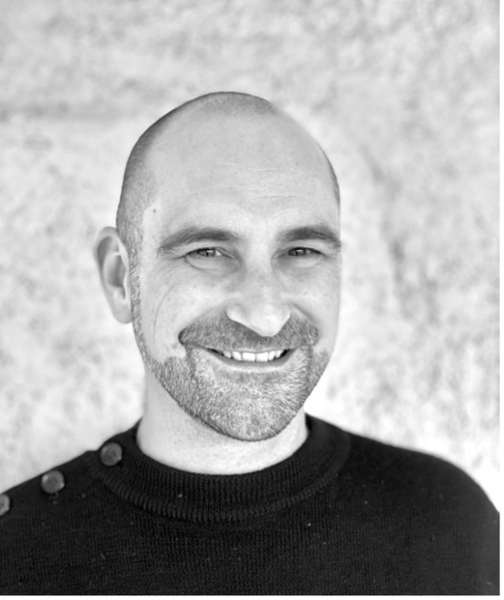Abstract
 Short Bio
Short Bio
Jérôme Noailly holds a bachelor’s degree in physical chemistry, an Engineer’s and a master’s degree in Material Science, and a master’s degree in Acoustics. In 2002, he started a PhD on spine computational biomechanics at the Universitat Politècnica de Catalunya, Barcelona (UPC), Spain, focussing on theoretical approximations in finite element modelling. In 2006, he was awarded a Marie Skłodowska-Curie fellowship (MECNOR-518768) and worked in computational mechanobiology for cartilage tissue engineering at the AO Foundation (Davos, Switzerland) and at the Eindhoven University of Technology (The Netherlands). In 2009, he obtained a Marie Skłodowska-Curie reintegration grant (SEVBIOM-249210) and retook spine modelling activities at the Institute for Bioengineering of Catalonia (IBEC), Barcelona, Spain. In 2012, in his quality as PI and co-leader of the European research project My Spine (FP7-269909), he took the lead of the Biomechanics and Mechanobiology group at IBEC. He seized the opportunity to expand the research of the group to the field of computational systems biology, for the European project, The Grail (FP7-278557).
In 2015, Jérôme relocated at the Universitat Pompeu Fabra (UPF), in his quality as PI of the Multiscale and Computational Biomechanics and Mechanobiology (MBIOMM) group (2014-SGR-1616). As a member of the UPF Department of Engineering and of the SIMBIOSys group, he took the oportunity to include medical image analysis and machine learning components to his research. At the same time, he was consolidating the integration of computational systems biology approaches for multiscale explorations of tissues and organs. In 2016, he was awarded a Ramon y Cajal fellowship (RYC-2015-18888) from the Spanish government, in 2019, he became Tenure-Track Associate Professor at DTIC, and he was eventually promoted to Full Professor, in 2023. He is currently co-director of the SIMBIOSys group and he is leading the Biomechanics and Mechanobiology Area of the Barcelona Centre for New Medical Technologies. He is the Coordinator of the European project Disc4All (H2020-IT-ETN-955735), and receipient of the European Research Council Consolidator Grant O-Health (ERC-CoG-101044828).
He has been supervising 15 PhD theses, and he has 150+ contributions to congresses, and 50+ articles in international journals. Internationally, he has served as a member Council of the European Society of Biomechanics (ESB), from 2016 to 2024, having been successively the Treasurer, and the Vice-President of the ESB, between 2020 and 2024. He is a past president of the National Spanish Chapter of the ESB, and Chair of the Student Committee of the Virtual Physiological Human Institute (VPHi).

